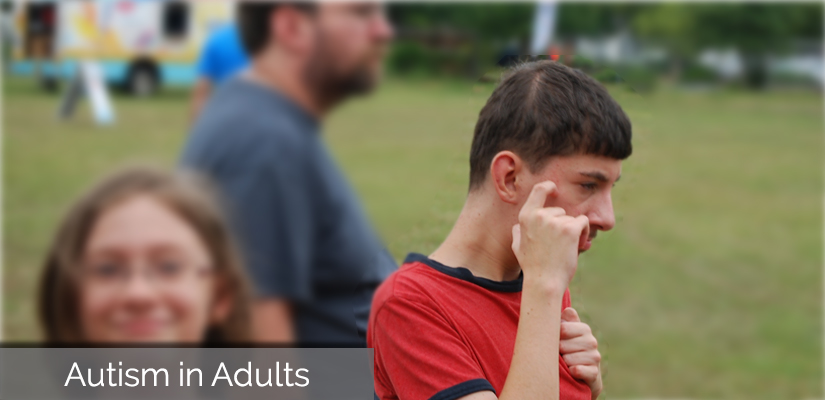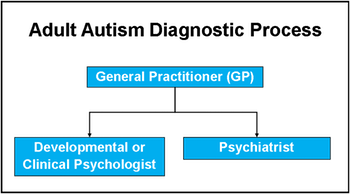
Autism is a developmental and neurological disorder that starts in childhood and lasts throughout a person’s life. This autism shows the effects of a person acts and how they interact with other people and communicate. It involves Asperger syndrome and pervasive developmental disorders.
If you need any assistance or have a question about Autism in Adults, you can consult our HearingSol experts with your problem, feel free to call us on +91-9327901950. We are always here to help you.
What Does Autism Spectrum Disorder Look Like In Adults?
The other name of Autism is “spectrum disorder” because some people who have autism also have a range of the symptom. People suffering from this disease may have a problem with communication with other people. This type of person does not look at another person’s eye when they communicate with them. They have fewer interests in interaction and repetitive behaviors. Also, they spend more time putting stuff in a particular manner or repeat the same sentence many times.
Symptoms of Adult Autism
Adults are not protected from Autism and its effects. It’s important to be well informed of its symptoms. There are many signs that people need to determine undiagnosed autism.
Thousands of adults suffer from autism and also have a problem with finding information to help their needs. There are extremely symptoms which are different for a different person but people who’re having autism also have some common symptoms :
- Social interactions and relationships.
- Verbal and nonverbal communication.
- Limited interests in activities or play.
- New Friendships
- Romantic Difficulties
- Sensory Processing
- Repetitive Behaviors
- Difficulties in understanding and interpreting what others are thinking
- Participate in a limited range of activities
Can Autism In Adults Be Diagnose?
Most cases of Autism Spectrum Disorder are diagnosed by the age of 2. The main problem is that there is no established procedure for diagnosing Autism in adults. So, autism specialist for adults is hard to find, and therefore Autism in adults diagnosis is difficult. The best option is to find a child’s doctor and begin there. He might use a children’s checklist because many of the symptoms are the same in both, like repetitive behavior, obsession with daily routine, and difficulty with social interaction. To know whether an Autism in adults can be diagnosed or not? you should get a formal assessment from a team of healthcare professionals.

Diagnosis of Autism In Adults
Autism passes from one person to another. Features of Autism difficulties with social communication and interaction can be identified in early childhood. Few symptoms get noticeable until a change of situation occurs, such as when the child starts nursery or school. Visit health specialists when you find out any signs and symptoms of Autism in adults.
Benefits of a Diagnosis
- It may help you to understand why you may experience certain difficulties and what you can do about them.
- When the people close to you understand why you may see and feel the world in a different way and find certain things difficult, it’s much easier for them to empathize.
- It may help you to get access to support and benefits.
- Your employer may be required to make any necessary adjustments.
How to get an assessment?
A concern with your health professional to request an assessment. Your doctor needs a reason to refer you for diagnosis, so you need to explain why you think you could be autistic and how a diagnosis would benefit you.
Explain the difficulties you’ve had in adulthood and childhood in areas such as:
- speech and communication
- expressing your feelings and thoughts
- understanding or relating to other people
- using your imagination in social situations
- difficulties in being flexible in your behavior
Treatment For Autism In Adults
This treatment allows for the relatively normal development of patient and also they help to decrease certain unpleasant behaviors.
Special education: When people can diagnose with autism and after the resulting autism occur to get an education then your education can find a way to meet your needs.
Behavior modification: There are plenty of strategies that have been developed to support positive behavior and decreasing problem behaviors in people with autism.
Speech, physical, or occupational therapy: These three types of therapy practices are specifically designed to increase the functional abilities of an individual suffering from autism.
Social skill therapy: Social skills therapy will address such areas as language and social pragmatics in people with autism who suffer from more verbal issues.
If you need any assistance or have a question about Autism in Adults, you can consult our HearingSol experts with your problem, feel free to call us on +91-9327901950. We are always here to help you.
Read More :
